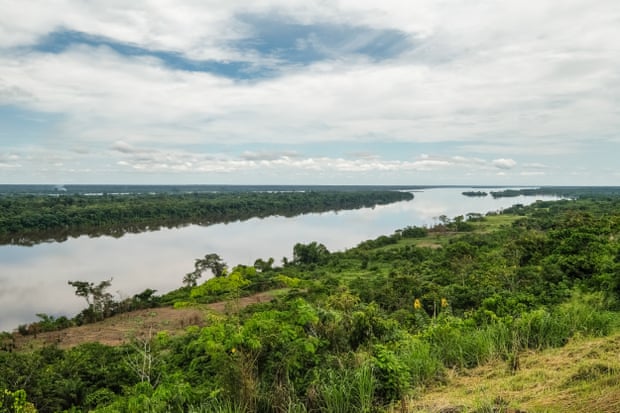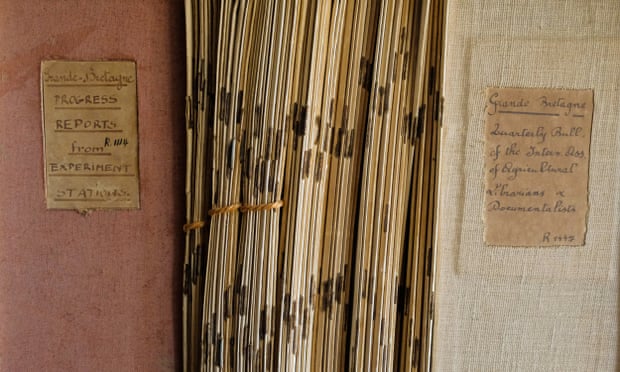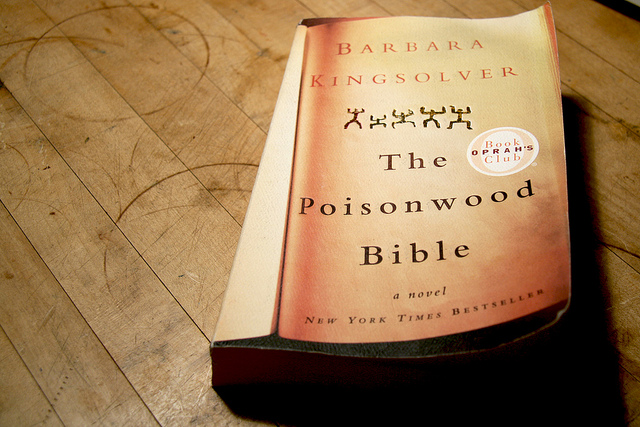 My wonderful wife, Ruth, reminded me that a year ago we were exploring Iceland, a life-long dream for her. I was her willing partner in this adventure, although she did the "heavy-lifting" of establishing our route and booking the guest houses.
Iceland is a place of such extraordinary and other-worldly beauty that it is has become the backdrop for series such as Game of Thrones and a number of movies.
My wonderful wife, Ruth, reminded me that a year ago we were exploring Iceland, a life-long dream for her. I was her willing partner in this adventure, although she did the "heavy-lifting" of establishing our route and booking the guest houses.
Iceland is a place of such extraordinary and other-worldly beauty that it is has become the backdrop for series such as Game of Thrones and a number of movies.
 Game of Thrones filming sites
Unfortunately the whole world wants to get in the on the beauty and this year 2.2 million visitors will invade a country which has a population of 330,000. Tourism has rescued an economy which reeled after the financial collapse of 2008, but many places of tranquility have taken on a circus-like quality. Because we rented a vehicle we literally went off the beaten path to explore some spots or started early so we could avoid the crowds.
On this National Quiet Day I recall bumping along a rocky road recommended by our hosts to a glacial lake where we were virtually alone. This path which passed sheep pastures was so rough we considered turning back, but it was worth picking our way along to a spot that was holy for me. I was quite moved, and felt the presence of the Creator. We skirted the lake on foot to get close to the glacial tongue, and even though it was overcast the experience was overpowering. There were essentially no human sounds around us.
I was aware that these glacial lakes are becoming larger and more spectacular because of climate change, but for the moment I relished the silence. I was also mindful while in Iceland that while the country uses geothermal energy to meet most of its energy needs, tourists are expending a colossal amount of fossil fuel to get there. Ah, yes.
Game of Thrones filming sites
Unfortunately the whole world wants to get in the on the beauty and this year 2.2 million visitors will invade a country which has a population of 330,000. Tourism has rescued an economy which reeled after the financial collapse of 2008, but many places of tranquility have taken on a circus-like quality. Because we rented a vehicle we literally went off the beaten path to explore some spots or started early so we could avoid the crowds.
On this National Quiet Day I recall bumping along a rocky road recommended by our hosts to a glacial lake where we were virtually alone. This path which passed sheep pastures was so rough we considered turning back, but it was worth picking our way along to a spot that was holy for me. I was quite moved, and felt the presence of the Creator. We skirted the lake on foot to get close to the glacial tongue, and even though it was overcast the experience was overpowering. There were essentially no human sounds around us.
I was aware that these glacial lakes are becoming larger and more spectacular because of climate change, but for the moment I relished the silence. I was also mindful while in Iceland that while the country uses geothermal energy to meet most of its energy needs, tourists are expending a colossal amount of fossil fuel to get there. Ah, yes.
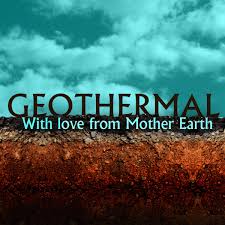
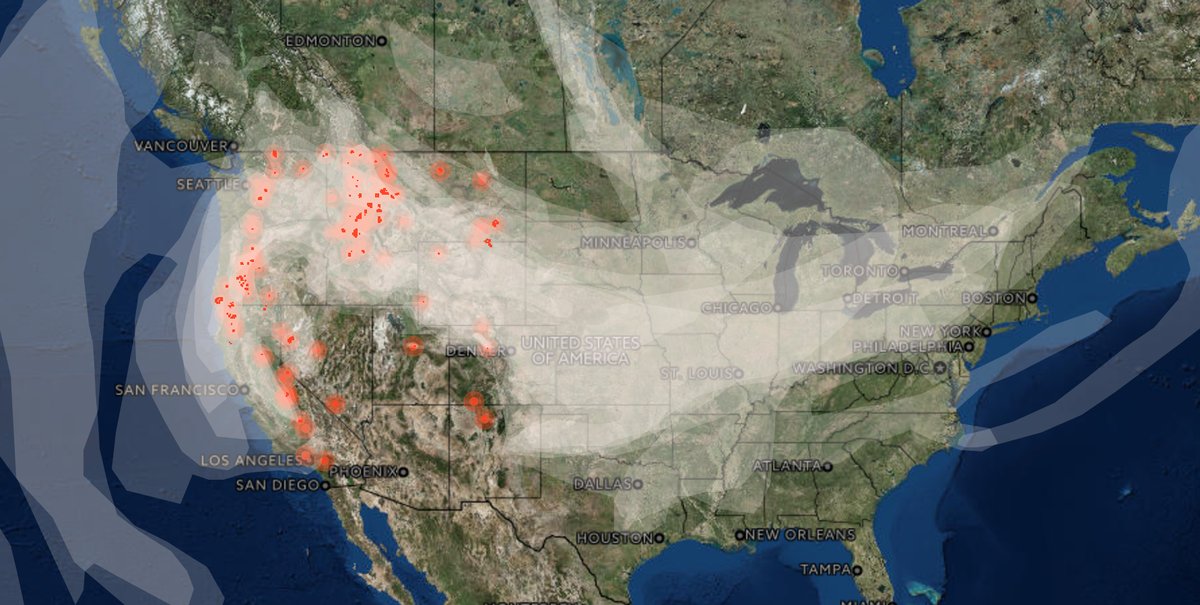 We have been watching in horror as first Hurricane Harvey, now Hurricane Irma have created havoc in the American South and Caribbean. The torrential rains which accompanied Harvey resulted in loss of life, the displacement of thousands, along with property and infrastructure damage so extensive that this will probably be the most expensive weather disaster in history.
Meanwhile, fires are raging across North America, again causing people to flee their homes and huge areas of forest to go up in flames. In Canada's British Columbia the economy has taken a big hit this summer, including the loss of important tourism revenue. We have friends who cancelled their trip to BC because the pall of smoke would have made in impossible to engage in outdoor activities.
We're also told that BC has far exceeded it's CO2 estimates for this year because of the extent of the fires in the province. Actually, what goes up tends to travel and the map above shows the vast plume of smoke from fires in Western Canada and the Western States.
Sometimes we're told that we can't fix the environment without ensuring a strong economy, as though jobs and profits always trump care for the systems of our planetary home. Yet we are witnessing the catastrophic outcome of this wrong-headed approach to economics. The words economy and ecology come from the same Greek root meaning "home."
Scripture teaches us that God is the Creator of this home and instructs us to live in with respect and care and love. How can we not pay attention, repent of our hubris, and find a different path for the wellbeing of all living creatures?
We have been watching in horror as first Hurricane Harvey, now Hurricane Irma have created havoc in the American South and Caribbean. The torrential rains which accompanied Harvey resulted in loss of life, the displacement of thousands, along with property and infrastructure damage so extensive that this will probably be the most expensive weather disaster in history.
Meanwhile, fires are raging across North America, again causing people to flee their homes and huge areas of forest to go up in flames. In Canada's British Columbia the economy has taken a big hit this summer, including the loss of important tourism revenue. We have friends who cancelled their trip to BC because the pall of smoke would have made in impossible to engage in outdoor activities.
We're also told that BC has far exceeded it's CO2 estimates for this year because of the extent of the fires in the province. Actually, what goes up tends to travel and the map above shows the vast plume of smoke from fires in Western Canada and the Western States.
Sometimes we're told that we can't fix the environment without ensuring a strong economy, as though jobs and profits always trump care for the systems of our planetary home. Yet we are witnessing the catastrophic outcome of this wrong-headed approach to economics. The words economy and ecology come from the same Greek root meaning "home."
Scripture teaches us that God is the Creator of this home and instructs us to live in with respect and care and love. How can we not pay attention, repent of our hubris, and find a different path for the wellbeing of all living creatures?
 We now into the season of the Church Year known as Creation Time, an observance of the past fifteen years or so in the United Church of Canada. It is truly ecumenical and global though, and on September 1st Pope Francis of the Roman Catholic church and Orthodox Patriarch Bartholomew issued a joint statement to mark the World Day of Prayer for the Care of Creation.
The two said that what’s happening in the world today reveals a “morally decaying scenario, where our attitude and behaviour towards creation obscures our calling as God’s co-operators.” They call on those “in positions of social and economic, as well as political and cultural, responsibility to hear the cry of the earth, and to attend to the needs of the marginalized.” Those leaders, Francis and Bartholomew write, are called to “respond to the plea” of millions, and support “the consensus of the world for the healing of our wounded creation.”
One point stressed by Francis and Bartholomew is that care for the environment, and care for the poor, are inextricably linked.“We are convinced,” they say, “that there can be no sincere and enduring resolution to the challenge of the ecological crisis and climate change unless the response is concerted and collective, unless the responsibility is shared and accountable, unless we give priority to solidarity and service.”
These thoughts are contained in Pope Francis' encyclical from a couple of years ago, Laudato Si, and they are wise and address the broader issues of the planet. I appreciate that these leaders of the majority of Christians on the planet are so forthright, and that they are offering an alternative to the pathetic denial of fundamentalist climate change deniers. The pontiff and patriarch didn't look ready for a hike in the woods as they signed the statement, but you can't have everything.
Here's hoping that someone is listening to what Francis and Bartholomew are saying.
We now into the season of the Church Year known as Creation Time, an observance of the past fifteen years or so in the United Church of Canada. It is truly ecumenical and global though, and on September 1st Pope Francis of the Roman Catholic church and Orthodox Patriarch Bartholomew issued a joint statement to mark the World Day of Prayer for the Care of Creation.
The two said that what’s happening in the world today reveals a “morally decaying scenario, where our attitude and behaviour towards creation obscures our calling as God’s co-operators.” They call on those “in positions of social and economic, as well as political and cultural, responsibility to hear the cry of the earth, and to attend to the needs of the marginalized.” Those leaders, Francis and Bartholomew write, are called to “respond to the plea” of millions, and support “the consensus of the world for the healing of our wounded creation.”
One point stressed by Francis and Bartholomew is that care for the environment, and care for the poor, are inextricably linked.“We are convinced,” they say, “that there can be no sincere and enduring resolution to the challenge of the ecological crisis and climate change unless the response is concerted and collective, unless the responsibility is shared and accountable, unless we give priority to solidarity and service.”
These thoughts are contained in Pope Francis' encyclical from a couple of years ago, Laudato Si, and they are wise and address the broader issues of the planet. I appreciate that these leaders of the majority of Christians on the planet are so forthright, and that they are offering an alternative to the pathetic denial of fundamentalist climate change deniers. The pontiff and patriarch didn't look ready for a hike in the woods as they signed the statement, but you can't have everything.
Here's hoping that someone is listening to what Francis and Bartholomew are saying.

